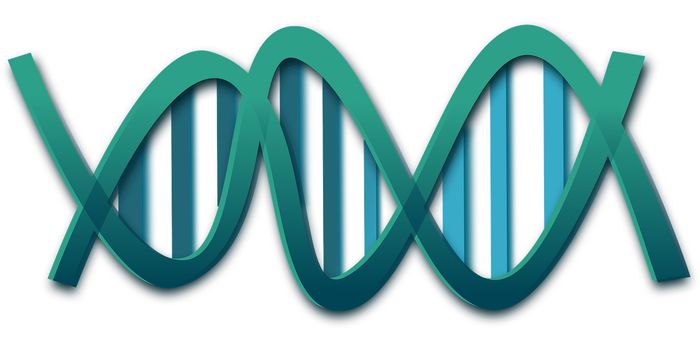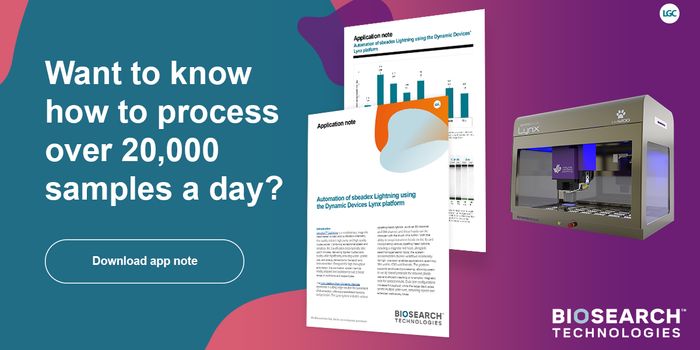Fertility Treatments May Cause Epigenetic Disorders
Epigenetic tags are chemical markers that modify the genome and can have a significant influence on how genes are expressed. Disorders that involve epigenetic problems are still relatively rare, but when women use fertility treatments, the risk of their children having an epigenetic disease can increase 11-fold. New research, which used a mouse model, indicated that the problem is likely caused not by maternal age, but by the treatments themselves. The findings associated fertility treatments with the epigenetic changes that have been linked to Angelman, Beckwith-Wiedemann, and Silver-Russell syndromes, and have been reported in Clinical Epigenetics.
"Women of advanced maternal age might have one less thing to worry about," noted the lead study author Audrey Kindsfather, a medical student researcher at MWRI. "We need clinical studies to back that up, but this is a promising animal model that clinical studies could be based on."
Many women are choosing to postpone parenthood, and while there can be benefits, like having more life experience or a better financial standing, there are also many risks. It can take women longer to get pregnant; there is an increase in the risk of premature birth, pregnancy loss, gestational diabetes, and chromosomal abnormalities; older moms are more likely to get high blood pressure while they're pregnant, and the chance of needing a Cesarean section is higher.
Now it also seems that there is a higher risk of epigenetic disorders in children born to older mothers, which can help explain why these rare diseases are seen at a higher rate among kids born using fertility treatments.
In this work, the researchers used groups of mice at different ages, from adolescents to older mice that were equivalent to 45-year-old women. Some of the mice in every group were exposed to hormones that would stimulate ovulation, while the embryos of others were grown in Petri dishes, both of which mimic fertility treatment procedures. Other mice in each group conceived naturally.
The scientists were then able to assess the epigenetic alterations in the various embryos by analyzing one of the most common epigenetic tags, called DNA methylation. They found that both embryos conceived using hormone treatments and embryos grown in culture had disruptions in DNA methylation near genes that are associated with epigenetic diseases. The impact was even more significant when both methods were used at once.
Maternal age seemed to have no influence on methylation patterns in the disease-associated genes.
"It wasn't what we were expecting," said the senior study author Mellissa Mann, Ph.D., a principal investigator with MWRI and associate professor of obstetrics, gynecology and reproductive sciences at the University of Pittsburgh. "We know that as a woman ages, there are a lot of molecular changes happening to her eggs, so we thought that these changes could be leading to abnormal DNA methylation. We were quite surprised that it didn't."
While fertility treatments have gotten better since they were first used, there is clearly room for improvement.
"These are wonderful technologies, but not the same as spontaneously conceiving," Kindsfather said. "Lots more research needs to be done to improve fertility treatments."
Sources: AAAS/Eurekalert! via University of Pittsburgh, Clinical Epigenetics








